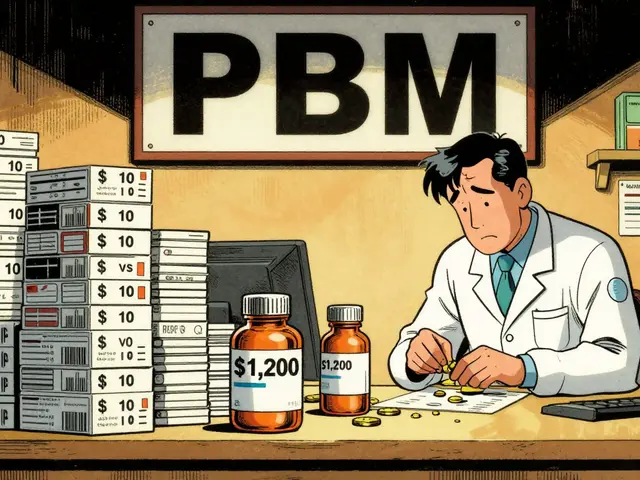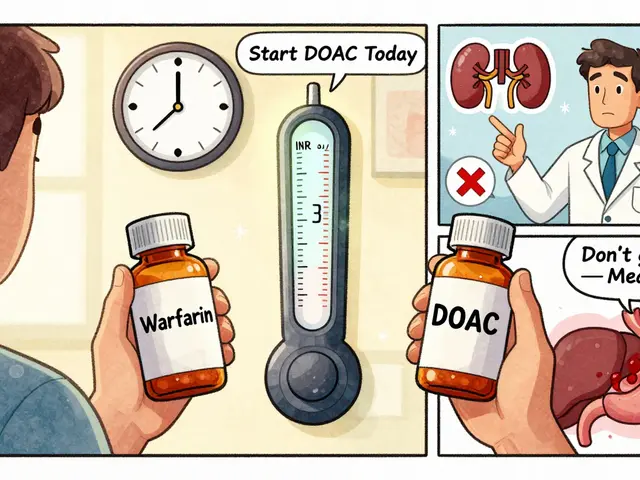Eflornithine – What It Is and When You Might Need It
You've probably heard the name eflornithine tossed around when reading about rare infections. In plain terms, it’s a medicine that fights a specific type of parasite called Trypanosoma brucei gambiense, which causes African sleeping sickness. If you or someone you know has been diagnosed with this disease, doctors often turn to eflornithine because it can clear the infection without the harsh side effects of older drugs.
How Eflornithine Works
Eflornithine blocks an enzyme that the parasite needs to multiply. Think of it as a lock on the parasite’s growth gear – once the lock is in place, the bug can’t spread. This makes the drug especially useful for later‑stage infections when the parasite has entered the brain. Because it targets the parasite directly, healthy cells are left mostly untouched.
Typical Dosage and Administration
The standard regimen involves a hospital stay where you receive an IV infusion every six hours for 14 days. Each dose is calculated based on your weight, so doctors will measure carefully to avoid under‑ or overdosing. You won’t find eflornithine over the counter; it’s only given in controlled settings because of the need for monitoring.
If you’re looking at a prescription, expect a series of infusion bags and a schedule that keeps medical staff on hand. The drug’s half‑life is short, so the frequent dosing helps maintain steady levels in your bloodstream.
Side effects can include nausea, low blood pressure, and headaches. Most people tolerate it well, but some report dizziness or mild liver enzyme changes. If any symptom feels severe – like persistent vomiting or a rapid heartbeat – let the medical team know right away.
Because eflornithine is given intravenously, you’ll need a vein that can handle repeated access. Nurses usually rotate sites to prevent irritation. Staying hydrated helps keep your veins healthy during treatment.
When it comes to interactions, avoid taking strong diuretics or other blood‑pressure meds without telling your doctor. Eflornithine can lower blood pressure on its own, so combining it with other lowering agents might cause a drop that feels faint.
If you’re wondering where to get eflornithine outside the hospital, the answer is simple: you won’t. It’s distributed through government‑approved programs and specialty pharmacies that work directly with health ministries in affected regions. Trying to buy it online can be risky – counterfeit versions don’t work and could be dangerous.
For readers browsing this tag page, you’ll also find articles on other medicines that often get mentioned alongside eflornithine, like nifurtimox or melarsoprol. Those pieces explain when doctors choose one drug over another and how to manage side effects across the board.
Bottom line: eflornithine is a life‑saving option for African sleeping sickness when used correctly. Keep an eye on dosing schedules, report any odd feelings, and rely on qualified health professionals to handle the IV setup. With proper care, the drug can clear the infection and get you back to normal sleep patterns – no more night‑time confusion or fever spikes.











